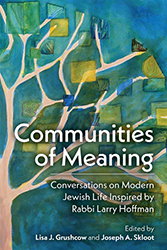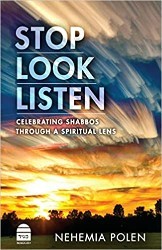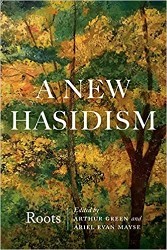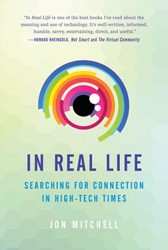Judaism offers us unique — and often divergent — insights into contemporary moral quandaries. How can we use social media without hurting others? Should people become parents through cloning? Should doctors help us die?
The first ethics book to address social media and technology ethics through a Jewish lens, along with teaching the additional skills of analyzing classical Jewish texts, The Jewish Family Ethics Textbook guides teachers and students of all ages in mining classical and modern Jewish texts to inform ethical decision-making. Both sophisticated and accessible, the book tackles challenges in parent-child relationships, personal and academic integrity, social media, sexual intimacy, conception, abortion, and end of life. Case studies, largely drawn from real life, concretize the dilemmas. Multifaceted texts from tradition (translated from Hebrew and Aramaic) to modernity build on one another to shed light on the deliberations. Questions for inquiry, commentary, and a summation of the texts’ implications for the case studies deepen and open up the dialogue.
In keeping with the tradition of maḥloket, preserving multiple points of view, “We need not accept any of our forebears’ ideas uncritically,” Rabbi Neal Scheindlin explains. “The texts provide opportunities to discover ideas that help us think through ethical dilemmas, while leaving room for us to discuss and draw our own conclusions.”
Join a community of readers who are committed to Jewish stories
Sign up for JBC’s Nu Reads, a curated selection of Jewish books delivered straight to your door!





